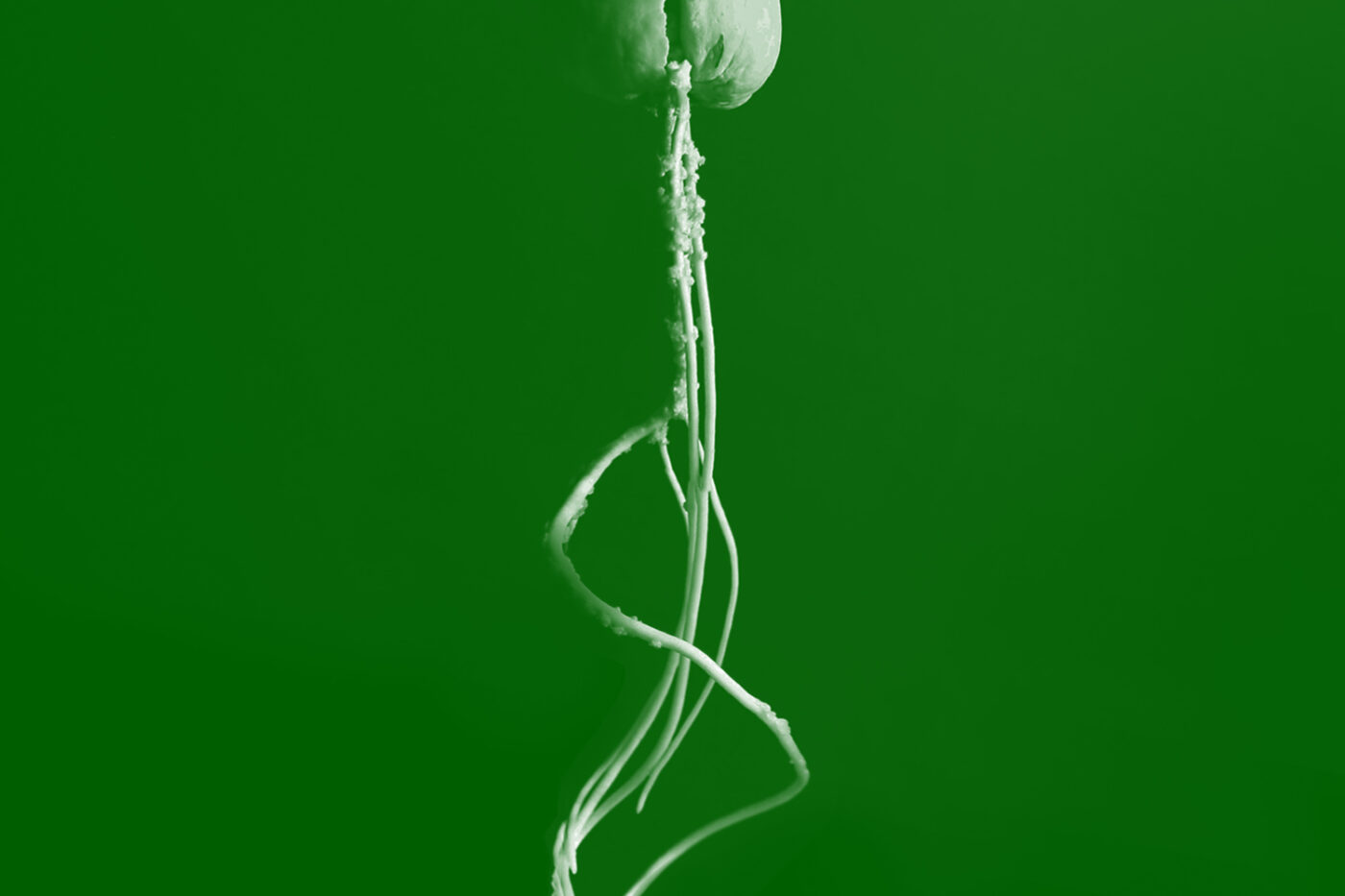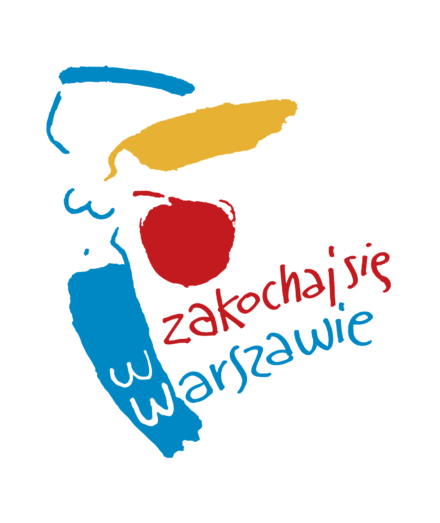Let’s sit in the seed circle
Seed workshop (in Polish)

Seeds are a living and evolving treasure vault of our history, culture and our connection to the land. By sowing, collecting seeds and exchanging them with one another, we maintain plants’ genetic diversity. We maintain our autonomy in the face of commercialisation and monopolisation of seed by big companies and we uphold our natural right to cultivate plants that constitute our food.
„Dobre Żniwa” (Good Harvest), 2018
Are you interested in seeds? Do you grow food in your garden, on a farm, or a window sill? Let’s talk about it! Come to a meeting where we will share our seed stories. We will outline the economic, political and social context, we will talk about the concentration of the seed market, patents, huge takeovers and the situation of farmers in the face of these changes. We will also present alternative movements and community seed houses. In the practical part, we will share the knowledge on how to obtain good seed of old plant varieties, what are the rules of building your seed vault, how to preserve seeds in practice, and how to store them properly. Together, we will collect seeds from several vegetables.
The decline of biodiversity poses danger not only to marine mammals, or predators living in the jungles of Asia. The reduction of biodiversity can also be observed daily on our plates – it is estimated that almost 3/4 of our diet is based on only 9 species of plants. How to reverse it? Sow, harvest, and strengthen the seed network. Genetic erosion of seeds is responsible for the extinction of many species of flora. As a result of the narrowing of the gene pool of crop plants, due to the selection of varieties with high yield characteristics, old varieties are often eliminated.
Meanwhile, the new ones are protected by a number of patents, and marketed according to the commercial rules. In certain countries, e.g. the US, in order to access seeds, farmers must pay the owner of the patent and commit to an absolute adherence to a number of rules: they cannot reuse the seeds from their own crops, or experiment with them, neither can they sell the seeds or give them away for free. And more expensive seeds mean more expensive food.
While these old, native plant varieties are much better adapted to climate and geographical conditions, and more resistant to pests. And the farmers themselves, by crossbreeding and experimenting (purposely or spontaneously) on local varieties create a resource basis for the local community and make an immense contribution to the biodiversity. To support this process, you can become involved in citizen movements acting against more patent legislation, and concentration of the seed market, but most of all, you should collect seeds from your own crops.
Wioletta Olejarczyk and Klaudia Kryńska from the food sovereignty network Nyeleni Polska will tell you where to begin.
The workshop is on Polish only. We will meet up in the “Motyka i Słońce” Community Garden (Jazdów 3/9, Warsaw). The workshop will last 3 hours. Participation is free. The event is part of the Otwarty Jazdów Festival 2021 within the project “Towards solidary nutrition. Warsaw 2030+”.
There will be a photographer present to document the workshop. Participation in the workshop means you consent to the use of your image by Biennale Warszawa for the purpose of the promotion of its activities, and conducting its information policy.
| Data | Czas | Tytuł | Miejsce | Wstęp |
|---|---|---|---|---|
|
July 25 2021
, 15:00
Sunday
|
15:00 |
Let’s sit in the seed circleSeed workshop (in Polish)
|
Ogród Społecznościowy Motyka i Słońce | Free entry |
